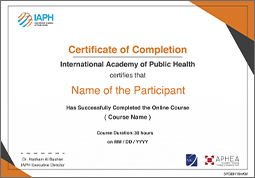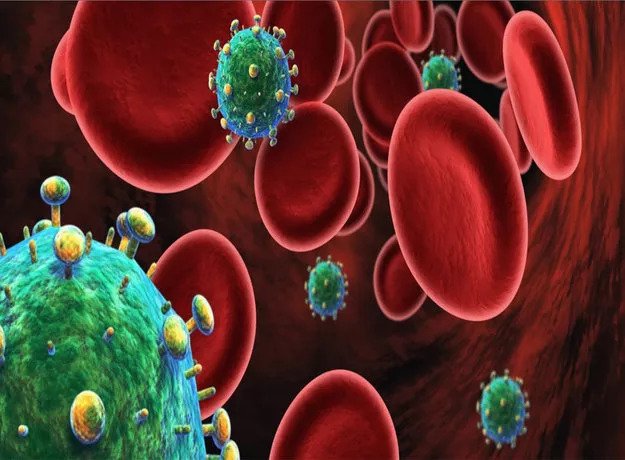Advanced Antimicrobial Resistance
The Advanced Antimicrobial Resistance Program equips residents with the skills needed to advance antimicrobial stewardship. The overall objective of this program is to equip the healthcare professionals with knowledge, and skills that are critical to effectively and efficiently control infections and design and manage HIV, TB, and malaria control programs through advanced antimicrobial stewardship approaches.
The program’s total duration is three months which is composed of five weeks of In class/online study and seven weeks of field work supervised by a dedicated mentor.
Learning Outcomes
- Effectively and efficiently maintain and improve the performance and the outcomes of antimicrobial resistance stewardship program.
- Combat the antimicrobial resistance through effective and efficient HIV, TB and malaria control programs
- Protect the patient, the care giver, and visitors against microbial infections in a cost-effective manner
- Implement and promote advanced antimicrobial stewardship approaches
Field Work
Residents spend seven weeks in the field work in order to be exposed to real-life situations and to practice the skills they gain with the guidance of a dedicated mentor. The following field projects are expected to be conducted during the field work period:
- Make evidence-based decisions to solve antimicrobial resistance
- Develop a national ‘one health’ plan for antimicrobial resistance
Targeted Group
Programs are designed for healthcare professionals, which include: physicians in family medicine, surgeons, primary care, internal medicine, obstetrics and gynecology, and emergency medicine as well as pharmacists, veterinarians, nurse practitioners, physician assistants, and allied health professionals. Programs are also valuable for those looking for a career in antimicrobial stewardship


Certificate





